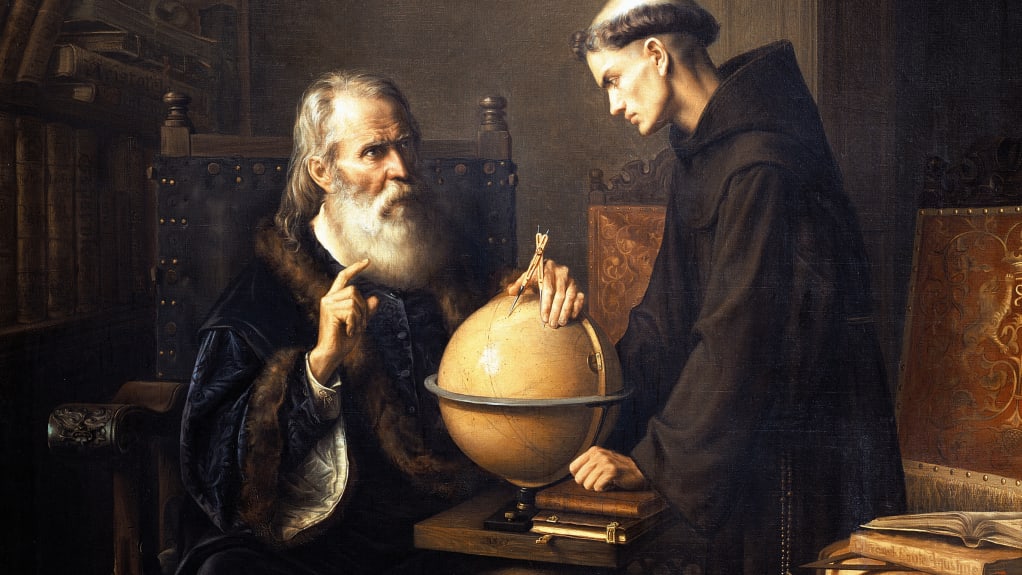
Science is by definition open to debate. It seems unimaginable that in 2020 science is being infected (once again) by political tribalism. Such was the fate of Galileo Galilei who spent nearly a decade of his life under house arrest for his scientific theories.
Some medical professionals today are still being culture-cancelled for their divergent professional inquiries. A fair analysis of such a case is presented in the non-profit, editorially independent digital magazine UNDARK that explores the intersection of science and society. Please give it a good read here:
https://undark.org/2020/06/11/john-ioannidis-politicization/
“Locking ourselves in our beautiful mansions and continuing with our videoconferences practically does nothing for nursing homes and chronically badly prepared hospitals . . . It also kills the poor, the disadvantaged . . .” He [Professor John Ioannidis] has cautioned that protracted lockdown will cause starvation, violence, poverty, and deaths that could exceed the number of lives saved by avoiding Covid-19 infections.
He’s not alone in these concerns. The World Food Program estimates that 265 million people worldwide could face hunger and starvation due to lockdown-related disruptions in the food supply. Business writer Tom Keane suggests, based on a study linking death rates to unemployment, that pandemic-related job losses in the U.S. alone could translate to an extra 815,000 deaths over the next 10 to 17 years.
.
* REMINDER – The early low estimate of Covid deaths was discussed in an earlier interview by The Greek Reporter:
Greek Reporter: You had earlier extrapolated 10,000 total US deaths using the Diamond Princess cruise ship analysis, using the case fatality rate among those infected, which was .3% (mid-range guess), with 1% of the US population becoming infected. As we know now, the total amount of those dying with the disease was much higher but it was still not the astronomical, exponentially huge number that some had predicted. There had been only 68 American deaths by March 16, the day before your original article was published. The most pessimistic projection in March was 40 million deaths globally — the same as the 1918 flu. What do you really think it is now, bottom line?
Dr. Ioannidis: In the STAT article, I discussed two hypothetical extremes for illustrative purposes, one with just 10,000 deaths in the USA and another with 50 million deaths worldwide. I said that our data are so unreliable that the truth could be anywhere between these two amazingly different extremes. Based on what we know now, we seem to be closer to the optimistic end of the range. In terms of numbers of lives lost, so far the COVID-19 impact is about 1% of the 1918 influenza. In terms of quality-adjusted person-years lost, the impact of COVID-19 is about 0.1% of 1918 influenza, since the 1918 influenza killed mostly young healthy people (average age 28), while the average age of death with COVID-19 is 80 years, with several comorbidities.
Greek Reporter: We had been told that we needed to “flatten the curve” — and we did so in the US, did we not? No health system was completely overwhelmed, not even in NYC, where they did not completely run out of ventilators.
Dr. Ioannidis: The predictions of most mathematical models in terms of how many beds and how many ICU beds would be required were astronomically wrong. Indeed, the health system was not overrun in any location in the USA, although several hospitals were stressed. Conversely, the health care system was severely damaged in many places because of the measures taken.